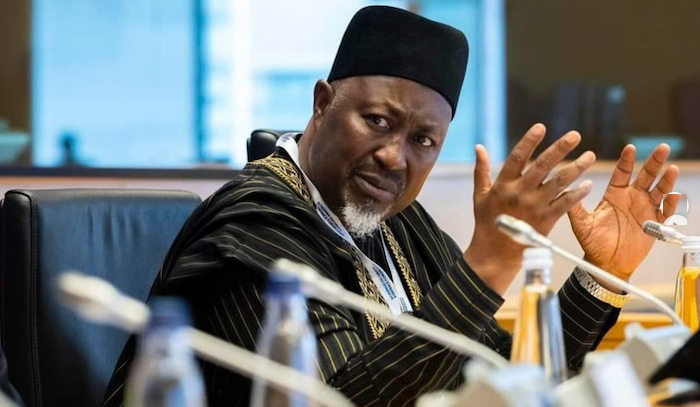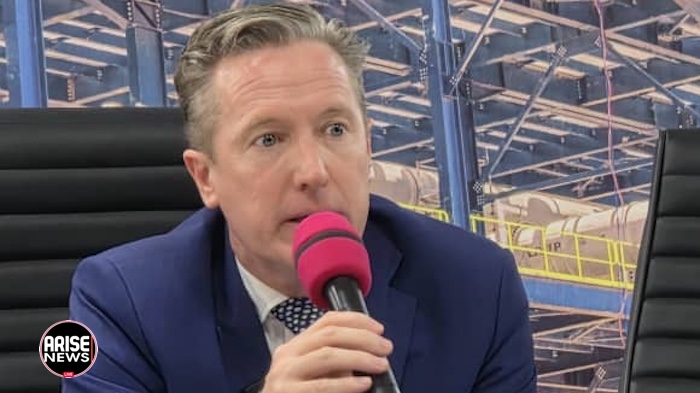
Minister of Defence, Mohammed Badaru Abubakar has disclosed that the on-going 10th edition of the Aqaba Process Heads of State and Government Meeting in Rome has reaffirmed the collective resolve of nations across the world to collectively confront the menace of terrorism.
Speaking with newsmen on the sidelines of the meeting on Wednesday, Badaru described the gathering as “a very good and robust engagement” that demonstrated a growing global consensus on the need for multinational cooperation to defeat terrorism, especially in West Africa.
According to the Minister: “The major takeaway is the fact that there is multinational cooperation in fighting against terrorism. All nations believe that if one country is sick because of terrorism, in no time, it will affect the other countries. So, countries around the world believe that together, we have to work and fight terrorism.”
Badaru explained that the countries represented at the Rome meeting agreed to deepen policy coordination and share intelligence and resources to strengthen regional and global efforts against terrorism.
“The countries resolved to work together and provide both policy and solutions for multinational terrorism fight, and I believe it is very good for our country, being the leader in West Africa and the Sahel,” he said.
Reflecting on the initiative’s impact in the last decade, the Defence Minister noted that the Aqaba Process had “cut down bureaucracy” and created a platform for frank and frequent discussions among world leaders.
“This meeting has really cut down bureaucracy; leaders meet freely and often, and have very frank and open discussions on ways and means to fight terrorism in the world. The focus now is West Africa, and I believe Nigeria stands to gain a lot from the cooperation that this meeting brings about,” he said.
Badaru added that the collaboration fostered by the Aqaba Process over the last ten years has strengthened counter-terrorism coordination and resource sharing among participating countries.
His words: “Looking at the last 10 years, there has been a lot of support, a lot of collaboration between nations in the fight against terrorism”.
The Aqaba Process, launched by King Abdullah II of Jordan in 2015, brings together world leaders, security chiefs, and policymakers to develop collaborative strategies for countering violent extremism.
This year’s meeting, co-hosted by Italy and Jordan, focused on the evolving security challenges in West Africa and the Sahel region.
Deji Elumoye



